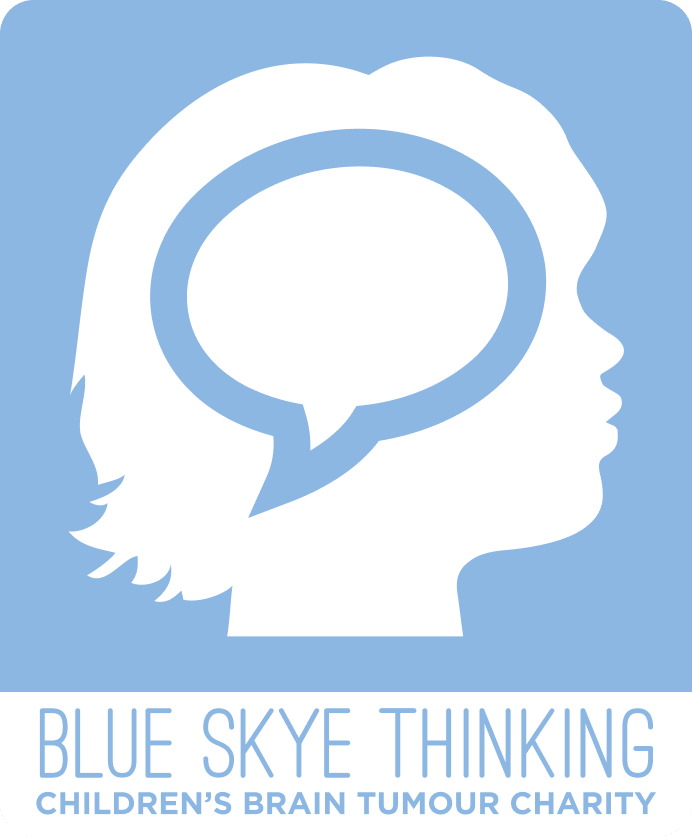Milestones
Achieved
While there is clear ambition and willingness in the paediatric oncology community to implement data collection as outlined in this project, funding remains the key issue. In summary, a variety of avenues have been explored for funding enhanced data collection for all children with cancer, as well as smaller ‘proof of concept’ projects in specific disease groups where opportunities have presented themselves. Ultimately, the main block has been funding, with research-funding organisations and NHS England not considering this their remit, despite a clear research opportunity and benefit.
The project during its funded period, and more limited capacity since, has achieved the following:
· Research into current data collection in paediatric oncology, including limited models in specific disease (e.g. retinoblastoma enhanced registry) which potentially provide a model that could be replicated across all cancers, subject to funding.
· Two major funding bids prepared and submitted (and ultimately rejected):
o NIHR Health Services and Delivery Research Programme, 2018, ‘Evaluation of a direct digital interface between clinicians responsible for childhood cancer and the national cancer registries to facilitate for the first time detailed, risk-stratified cancer outcome reporting, and collection and analysis of a novel childhood brain tumour surgical dataset.’
o The Health Foundation Insight Programme, 2018, ‘PROCESS: Patient and physician Reported Outcomes of Childhood English brain tumour SurvivorS’
· A series of discussions and meetings with senior staff at CRUK to investigate possible funding sources between 2017 and 2018. Ultimately CRUK deemed this not a priority for them, although some support was offered to engage with PHE/NCRAS and the registry team, although the project team had previously met with Jem Rashbass and other relevant PHE staff.
· A steering group to inform and support the work of the project was established and met several times during the course of the work.
· A generic funding proposal outlining what was required was produced for future use.
· Lobbying and advocacy for data collection continued including via Ashley Gamble at various national groups. This was also planned to be a topic for the Children and Young People’s Cancer Coalition to focus on, although this was deprioritised at the outbreak of the COVID pandemic.
· While the project funding ended in 2018, work continued during the remainder of that year and into 2019 to investigate other avenues for funding and/or support. Some discussions were held with Richard Gilbertson at the CRUK Cambridge Centre around potential options for some data collection in brain tumours, and discussions were held with NHS England around building data collection in to the proposed national brain tumours MDTs, the development of which was put on hold by NHS England.
Upcoming
Enhanced data collection remains a priority for CCLG and we will continue to advocate for this where opportunities arise. The COVID-19 pandemic has forced us to re-evaluate our workplans from early 2020 onwards, and data collection and long-term outcomes monitoring we would wish to see is not easily achievable in the short term, especially in an environment of reduced research funding. The work of the funded Project Manager and the project steering group has been invaluable in understanding the current state of play and in developing a number of detailed funding proposals (unfortunately unsuccessful) which stand us in good stead for exploiting future opportunities. Currently it is likely that any further developments in the short term are likely to be reactive (e.g. in response to suitable funding opportunities) rather than proactive as we focus on our post-COVID recovery plan.
Ashley Gamble, Chief Executive, Children’s Cancer and Leukaemia Group, June 2021.
As a Charity, we continue to seek other avenues to address the very serious matter of ‘real-time’ data collection. We continue to have discussions with, and urge NHS England to take on this fundamental element of care, given that the ‘unmonitored’ treatment is provided by them.


